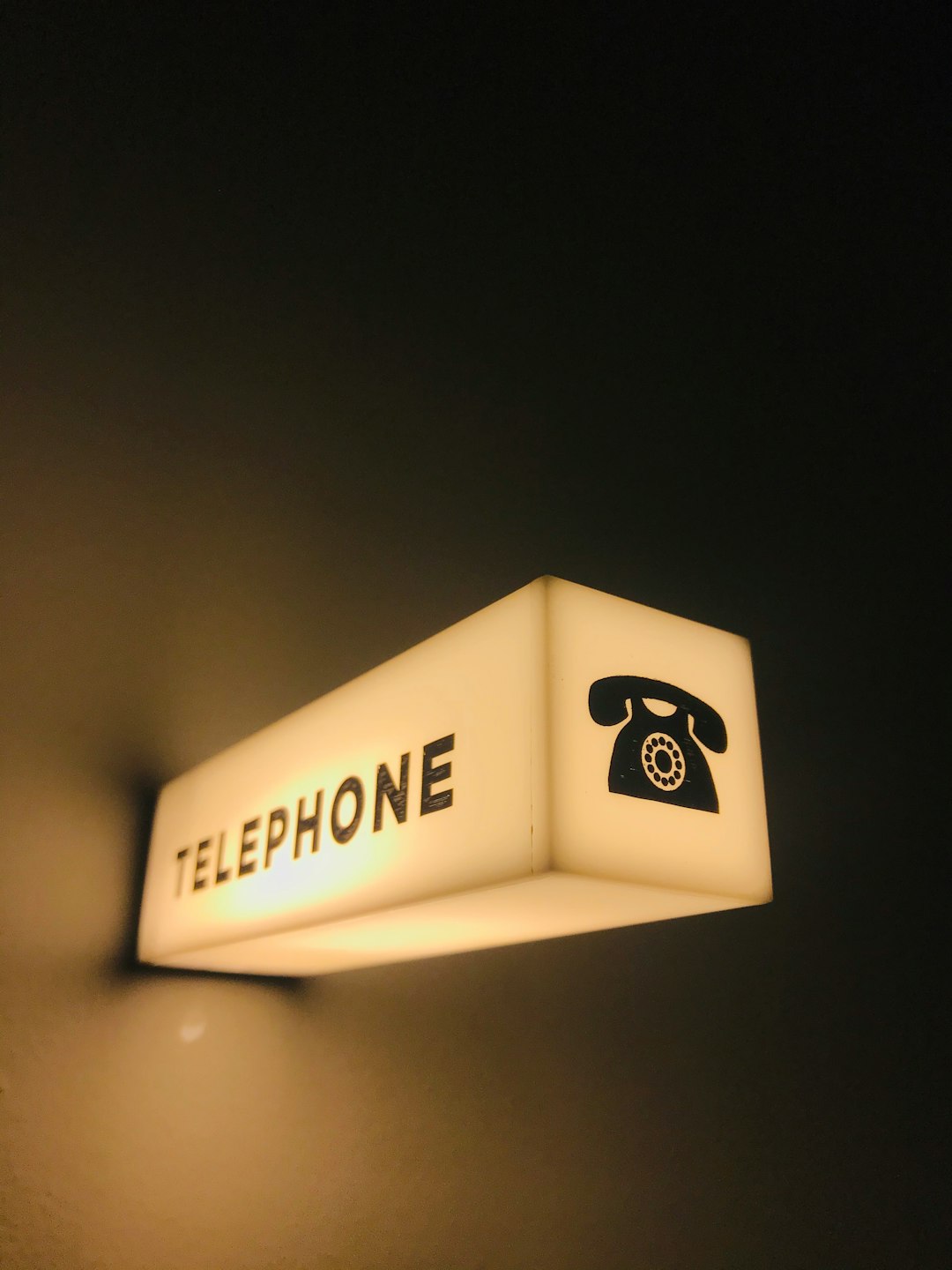Spam calls in Maryland have reached epidemic levels due to advanced technology used by scammers and telemarketers, disrupting daily life and threatening emergency services with fraudulent attempts at financial gain or identity theft. To combat this, Maryland has enacted the Spam Call law firm empowering residents to protect themselves while keeping emergency services effective. The state's Telemarketing and Consumer Fraud Act (TCFA) restricts unwanted calls, and a dedicated Spam Call law firm assists consumers in filing complaints, aiming to create a safer environment by mitigating the impact of disruptive spam calls.
In the digital age, spam calls have become a pervasive issue, particularly in densely populated areas like Maryland. This article delves into the growing concern of how unwanted telephone marketing calls impact the state’s emergency services. We explore the prevalence of these calls, their strain on critical resources, and the legal frameworks designed to protect Maryland residents. By understanding these dynamics, we can appreciate the importance of robust spam call laws and the role a reputable spam call law firm plays in safeguarding communities.
Understanding the Prevalence of Spam Calls in Maryland

In today’s digital era, spam calls have become an increasingly prevalent and annoying phenomenon across Maryland. With advancements in technology, scammers and telemarketers employ sophisticated methods to target residents, often masking their identities through call spoofing or using automated dialers. This deluge of unwanted calls not only disrupts daily routines but also poses a significant challenge for Maryland’s emergency services. According to recent reports, a substantial number of spam calls are made daily, with many ending up as fraudulent attempts at financial gain or identity theft.
Maryland has recognized this growing issue and implemented the Spam Call law firm Maryland to combat these nuisance calls. This legislation aims to protect residents by empowering them to take action against persistent spam callers. By providing a legal framework for reporting and blocking such calls, the law ensures that emergency services are not overwhelmed by false alarms or frivolous complaints, thereby preserving their effectiveness for genuine emergencies.
The Impact on Emergency Services: A Growing Concern

In today’s digital era, the rise of spam calls has become a growing concern for Maryland’s emergency services. What was once a mere nuisance has transformed into a significant issue, straining resources and impacting the efficiency of critical response systems. As the volume of unwanted phone calls increases, so does the challenge for emergency responders to distinguish legitimate emergencies from these intrusive, often automated, messages. This problem is particularly acute in Maryland, where a strict Spam Call law firm ensures consumers are protected, but the sheer number of spam calls can still overwhelm the system.
Emergency services face the daunting task of managing time-sensitive incidents while filtering through numerous false alarms triggered by spam calls. Each unauthorized call ties up resources, potentially delaying real emergencies from receiving prompt attention. This issue is further exacerbated by the evolving tactics of spammers, who often target landlines and mobile numbers, making it increasingly difficult for authorities to implement effective countermeasures. As a result, Maryland’s emergency services are navigating a complex landscape, requiring innovative strategies to mitigate the impact of spam calls and ensure the safety and security of its residents.
Legal Framework and Solutions: Protecting Maryland Residents

In Maryland, the impact of spam calls on emergency services is a growing concern. To mitigate this issue, state laws have been implemented to protect residents from unwanted phone communications. The Telemarketing and Consumer Fraud Act (TCFA) restricts certain types of telemarketing practices, including automated or prerecorded calls, which are often associated with spam calls. Violations can result in significant fines for offenders.
Additionally, Maryland consumers have recourse through a dedicated Spam Call law firm. These legal professionals specialize in navigating the complexities of telecom regulations and helping residents file complaints. They also advocate for stricter enforcement to deter spam call rings from targeting Marylanders. By combining legislative action and consumer protection efforts, Maryland is working towards a safer, less disruptive environment for its residents.






